Ancient Grains & Your Gut: A Natural Partnership for Better Health
Share
When it comes to health and well-being, the gut microbiome has become one of the most exciting areas of nutrition science. This community of trillions of bacteria, fungi, and microbes living in our digestive system influences digestion, energy, immunity, and even mood. And one of the most powerful ways we can nurture a thriving gut? Ancient grains.
Why Ancient Grains Matter
Unlike many modern, highly refined grains, ancient grains such as quinoa, amaranth, millet, sorghum, and teff remain close to their original form — unaltered, nutrient-rich, and fibre-packed. These grains provide a wide spectrum of vitamins, minerals, and antioxidants, but most importantly for gut health, they are rich in prebiotic fibres.
Prebiotics are special types of fibre that feed beneficial bacteria in the gut. Research shows that prebiotics stimulate the production of short-chain fatty acids (SCFAs), which play a crucial role in maintaining gut barrier health, lowering inflammation, and regulating metabolism (Slavin, 2013; Microba, 2023).
Ancient Grains & the Microbiome
Studies suggest that incorporating ancient grains into the diet can positively influence the composition and activity of gut microbes. For example:
- A study on ancient wheat pasta found that it improved gut microbiota composition compared to modern wheat (PMC, 2022).
- Research on quinoa-enriched bread showed changes in microbial diversity and fibre intake, highlighting how ancient grains provide the right substrates for beneficial bacteria (Nutrients, 2022).
- Broader research comparing wholegrains vs. refined grains has shown that wholegrains reduce cardiometabolic risks and support healthier microbiota profiles (ScienceDirect, 2024).
The key takeaway? A diet rich in diverse whole grains — particularly ancient ones — creates the right environment for a more diverse microbiome, and microbial diversity is a marker of resilience and good health.
The Problem with Processed Breakfasts
Modern cereals and refined grain products often strip away fibre and nutrients, leaving behind quick-burning starch and added sugars. These foods don’t just fail to feed your microbiome — they may encourage less beneficial bacteria to thrive, leading to imbalances that contribute to bloating, fatigue, and long-term health risks (Slavin, 2013).
A Better Way to Start Your Day
By starting your morning with ancient grains, you’re not just fuelling yourself with steady, long-lasting energy you’re also feeding your microbiome. Pairing ancient grains with high-quality protein, healthy fats, and natural flavours creates a balanced meal that supports gut health and overall well-being.
At Granavitalis, this is why we’ve placed ancient grains at the heart of our Power Porridge recipes. It’s breakfast designed not just to fill you up, but to nourish the ecosystem within you — because when your gut thrives, you thrive.
Key Takeaways
- Ancient grains are rich in prebiotic fibres that feed beneficial gut bacteria.
- A diverse gut microbiome supports digestion, immunity, and long-term health.
- Unlike refined cereals, ancient grains fuel both your body and your microbiome.
- Breakfast is your best daily opportunity to support gut health naturally.
Your gut is the foundation of your health. Start your mornings with the power of ancient grains, and give your microbiome the nourishment it deserves.
